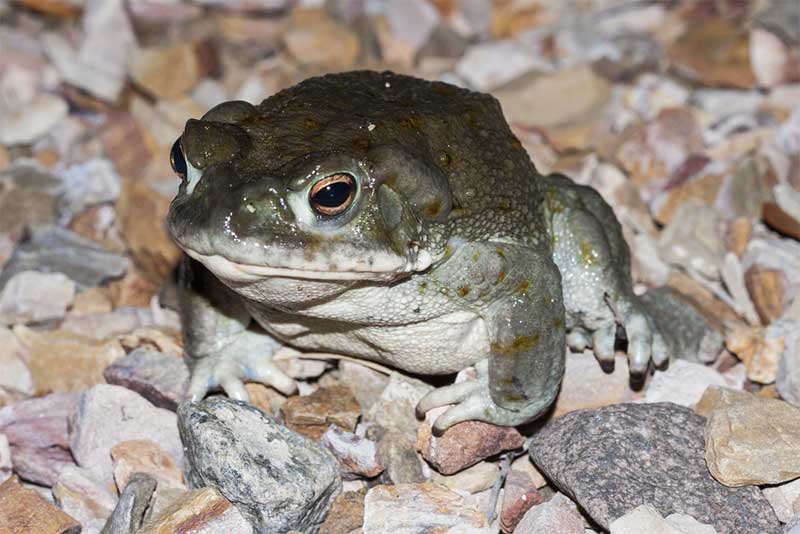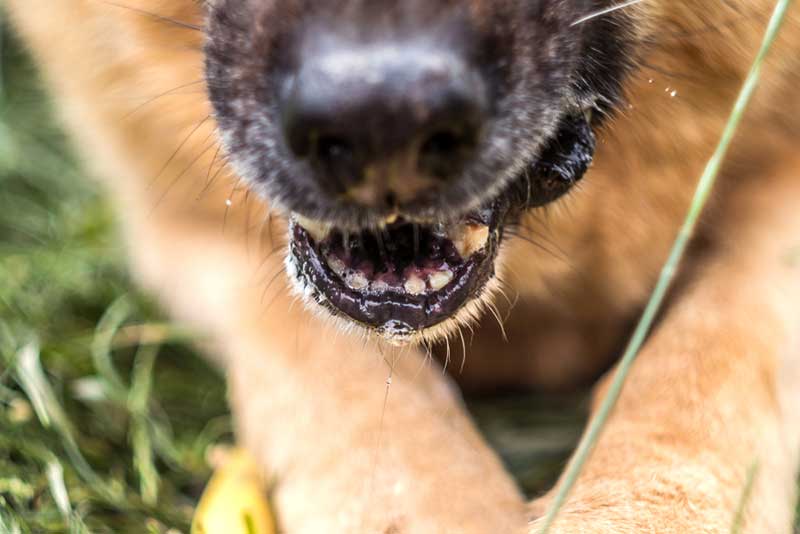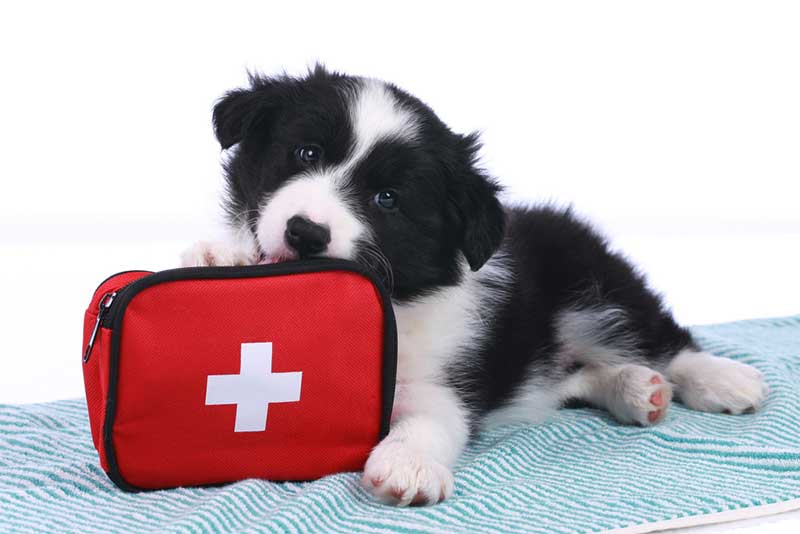
Help! There's a Colorado River Toad in My Dog's Mouth
Countless poisonous, venomous, and dangerous critters roam the Sonoran desert. You’re likely instinctively wary of snakes, scorpions, and parasite-ridden mosquitos, but a toad might not cause you to bristle in fear. The Colorado River toad, however, is just as dangerous. Plus, this deadly, slow-moving amphibian makes an easy catch for a playful pup.
What Is a Colorado River Toad?
Colorado River toads, also called Sonoran toads, are amphibians that live year-round in the Southwestern United States. Normally burrowed, they emerge from the ground in great numbers during monsoon season. These toads look like ordinary amphibians, but they sport glands that excrete highly-toxic poisons on their legs and at the corners of their mouths, making them extremely dangerous to anyone or anything that comes into contact.
How to Protect Your Dog from Colorado River Toads
Colorado River toads are drawn to water sources, and they’re also carnivorous, which means leaving your dog’s dishes outside puts your pet at risk. Dogs often encounter these toads in their dishes. Even if the toad has already left, your dog could be exposed if he comes into contact with toxic excretions left behind.
Since Colorado River toads live underground, it’s difficult to eradicate them from your backyard. The best thing you can do to protect your pets from poisonous toads is to keep their food and water bowls inside and to closely monitor them while playing outdoors (especially during monsoon season).


Symptoms of Colorado River Toad Poisoning
- Foaming at the mouth
- Head shaking
- Labored breathing
- Fever
- Vomiting
- Diarrhea
- Weakness
- Confusion
- Seizures
- Paralysis
What to Do If Your Dog Encounters a Colorado River Toad
If your dog comes into contact with a Colorado River toad or you suspect your pet has been exposed to the toad’s poison, you’ll need to take immediate action.
- Contact an emergency veterinarian immediately and follow their instructions.
- Flush the affected area (mouth or eyes) with water.
- Run water from one side of the mouth to the other, making sure the water runs out of your pet's mouth. If water rushes into your dog's mouth, it'll push the poison into your pet's stomach, worsening the poisoning. This can also put pets at risk of drowning.
- Transport your pet to an emergency animal hospital as soon as possible.
Always Be Prepared for Pet Emergencies
You should always be prepared for a pet emergency because an emergency can happen when you least expect. Have a pet emergency plan in place. Keep our veterinarian’s phone number and the number of a nearby emergency animal hospital with you at all times.








